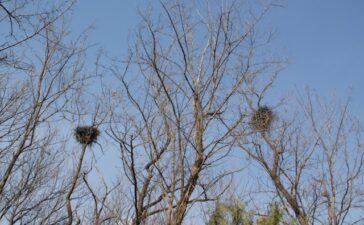You need to have specialised skills and knowledge to work in high-risk environments. There are many regulations that you need to comply with to ensure your safety and that of your team. In this article, we will go through some of the courses that have been designed in this regard.

The EWP or elevated work platform course
Covers a variety of topics such as the operation of different equipment, carrying out pre-start checks and inspections, emergency procedures, safe work practices and fall protection. Some of the elevated work platforms that you may work on will be cherry pickers and scissor lifts. These work platforms are generally found in industrial settings, construction and maintenance. You can find many courses for high risk environments in the WA Advanced Training Academy but you need to make sure that you check the reputation of the course provider and carry out research so that you have a good idea whether this is the right course for you.
Another high risk course
That you will find which is common in the construction industry is dogging and rigging. Doggers have an important role when it comes to directly crane operators to ensure safety. They will ensure the loads moved by the cranes are done correctly including being properly lifted to prevent damage to the contents. Rigging is where you will assemble the loads safely, attach and secure them. When selecting a course for dogging and rigging, some of the course content you will come across will be selection of slings, understanding different lifting equipment, calculating loads and load stability. By getting proper training in this course, you will be able to contribute to workplace safety.
If you are interested in operating a forklift, you will need to obtain a forklift license. This is a piece of equipment that is used to move heavy loads in construction sites, warehouses and factories. In this course, you will learn how to operate a forklift safely, handle loads and carry out maintenance. There are many important concepts you will learn such as centre of gravity, stability triangle and load capacity. By following a comprehensive forklift operation course, you will be able to prevent accidents in the workplace and become more efficient when it comes to handling materials.

In certain industries, you will need non-slewing mobile cranes to lift and move materials
You will need to complete a course to operate these cranes safely which will include learning how to set up the crane, how to operate the crane safely using a variety of techniques and managing risks. You will learn how to assess lifting tasks and ensure the stability of the crane so that the safety of the worksite and personnel can be ensured. While these are compact machines, slewing mobile cranes tend to be larger and more complex. And a course in this will have topics such as setting up the crane, estimating loads, safety procedures etc. You will learn how to differentiating crane types along with their applications. This will help you efficiently handle different lifting situations.





